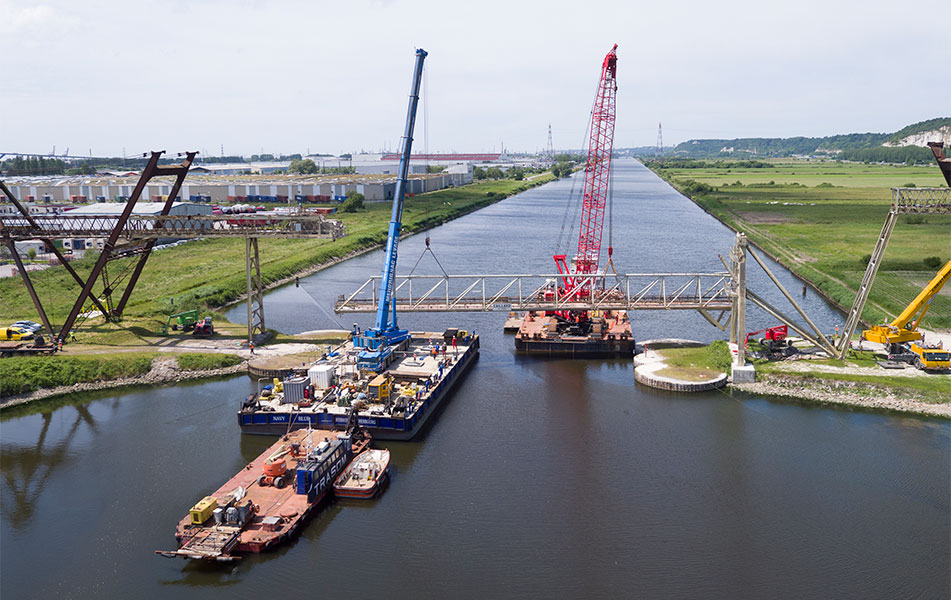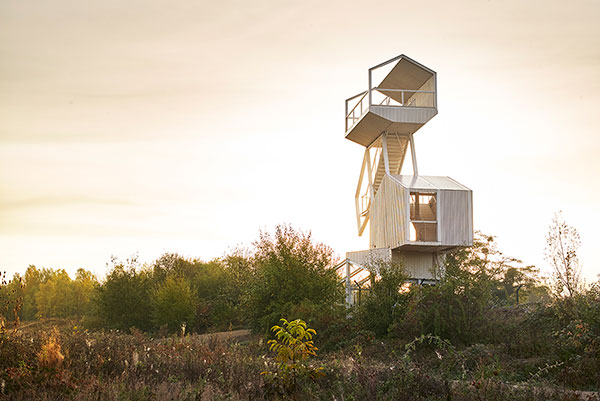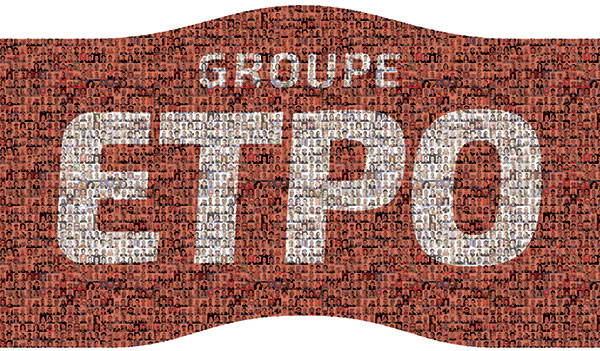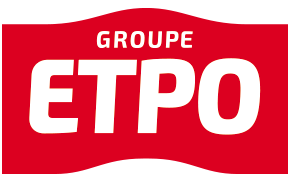Sustainable development
Sustainable development means planning for the future by considering the economic, social and environmental impacts of activities in order to adopt the best practices possible.
As a medium-sized company, we are convinced that any success we can achieve must start with a strong local connection. Our Group is a responsible actor in the urban ecosystem. This responsibility is demonstrated by the renewal of our CSR certification (ISO 26000 confirmed level) in 2017. Our employees live out this responsibility every day in their actions.

Local and/or solidarity involvement
The ETPO Group participates in community events in the areas where our sites are located.
- It is an active member of several organizations: particularly involved with the GEIQ (group of employers for professional integration and qualification), ETPO chooses to believe in the potential of youth who do not hold degrees by integrating them into our teams through training programs that allow them to learn a trade.
- The Group has close ties with several educational institutions (University of Nantes, Ecole Centrale, ESITC de Caen, etc.). Our employees give lectures on construction techniques at these institutions but they also act as advisors for student projects, participate in internship juries, etc. Teaching and learning are central to the identity of the Group.
- The ETPO Group signed a partnership with the organization, “Nos Quartiers ont du Talent” (our neighborhoods have talent) in the Pays de la Loire region. We sponsor young graduates of 3-year university courses and beyond who are in complex situations, helping them integrate the professional world they aspire to be a part of.
- We are a committed part of the Metropolitan Pact for employment in the city of Nantes and we post internship offers on the unique, dedicated platform that is accessible to secondary school students from priority neighborhoods who do not have access to a professional network.
- We are in partnership with EFS Pays de Loire (blood bank) and together we encourage blood donation. In Nantes, we attend blood drives as a team.
- We participate in cleanup of the Seine riverbanks annually during the “Berges Saines” (healthy riverbanks) event in the Paris region.
Sustainable construction
In the act of building itself, the sustainable development approach takes on its full meaning. With consideration for the expectations and needs of its ecosystem (customers, partners, employees, users, local residents), the ETPO Group imagines, builds and operates sustainable projects.
 Eco-building is a voluntary challenge we've taken on, beginning from the design phase. The Group creates buildings that combine high levels of technical expertise and energy conservatism, supported by environmental certifications and standards (LEED, French HQE and BBC certifications, etc.). We also aim to design spaces that are pleasant to live and/or work in through our real estate activity.
Eco-building is a voluntary challenge we've taken on, beginning from the design phase. The Group creates buildings that combine high levels of technical expertise and energy conservatism, supported by environmental certifications and standards (LEED, French HQE and BBC certifications, etc.). We also aim to design spaces that are pleasant to live and/or work in through our real estate activity.
From the design phase, our BIM tools integrates life cycle, technical and environmental criteria, as well as the well-being of users for long-lasting solutions that respect their environment.
With great lucidity, the ETPO Group, alongside its customers, commits to creative projects that respect this approach.
- Connection of underwater cables for installation of a water turbine and renewable marine energy production systems for the Ecole Centrale
of Nantes. - Construction of the Atlantis gymnasium of Massy (HQE “high performance” concrete building meeting BBC (low energy consumption) standards).

Sustainable development also means limiting man's impact on the environment by offering judicious solutions: rather than systematically launching new constructions. The ETPO Group is also capable of proposing total or partial restoration of structures in order to extend their service life thanks to its special works teams.
Thorough preparation of a worksite by carrying out in-depth technical studies upstream and creating precise digital models allows for better justification of the construction phase. The ETPO Group therefore commits to always limiting its environmental impact : waste management, control of water and electricity consumption, limitation of CO2 emissions, biodiversity conservation, etc.
